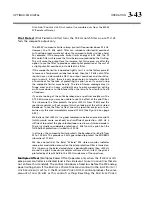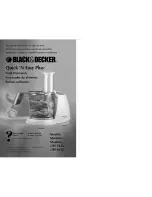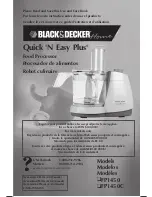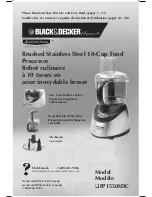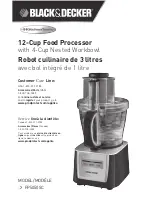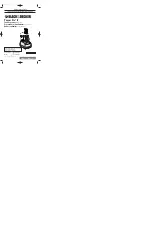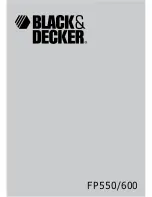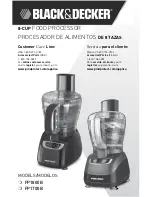
OPTIMOD-FM DIGITAL
OPERATION
3-57
Note:
If the
MB
G
ATE
T
HRESH
(Gate Threshold) control is turned
O
FF
, the
DJ
B
ASS
control (in the Equalization screen) is disabled.
MB Clipping
sets the drive level to the multiband distortion controlling processing
that precedes the final clipping section. The distortion-controlling section uses a
combination of distortion-cancelled clipping and look-ahead processing to antici-
pate and prevent excessive clipping distortion in the final clipper.
Like any other dynamics processing, the distortion-controlling section can produce
artifacts of its own when overdriven. These artifacts can include loss of definition,
smeared high frequencies, a sound similar to excessive compression, and, when op-
erated at extreme settings, audible intermodulation distortion. You can adjust the
MB
C
LIPPING
control to prevent such artifacts or to use them for coloration in “highly
processed” formats.
MB Down Expander (Multiband Downward Expander Threshold)
determines
the level below which the single-ended noise reduction system’s downward ex-
pander begins to decrease system gain and below which the high frequencies begin
to become low-pass filtered to reduce perceived noise. There are two controls: the
MB
D
OWN
E
XPANDER
control sets the expansion threshold in Bands 1-4, while the
B5
D
OWN
E
XPANDER
D
ELTA
T
HRESH
control (first introduced as part of V2.0 software) al-
lows you to fine-tune the Band 5 downward expander’s threshold by adding or sub-
tracting an offset from the setting of the
MB
D
OWN
E
XPAND
control. Activate the sin-
gle-ended dynamic noise reduction by setting these controls to a setting other than
O
FF
.
The single-ended noise reduction system combines a broadband downward ex-
pander with a program-dependent low-pass filter. These functions are achieved by
causing extra gain reduction in the multiband compressor. You can see the effect of
this extra gain reduction on the gain reduction meters.
Ordinarily, the gating on the AGC and multiband limiter will prevent objectionable
build-up of noise and you will want to use the single-ended noise reduction only on
unusually noisy program material. Modern commercial recordings will almost never
need it. We expect that its main use will be in talk-oriented programming, including
sports.
Please note that it is impossible to design such a system to handle all program mate-
rial without audible side effects. You will get best results if you set the
MB
D
OWN
E
XPANDER
control of the noise reduction system to complement the program mate-
rial you are processing. The
MB
D
OWN
E
XPANDER
should be set higher when the input
is noisy and lower when the input is relatively quiet. The best way to adjust the
MB
D
OWN
E
XPANDER
control is to start with the control set very high. Reduce the control
setting while watching the gain reduction meters. Eventually, you will see the gain
increase in sync with the program. Go further until you begin to hear noise modula-
tion—a puffing or breathing sound (the input noise) in sync with the input program
material. Set the
MB
D
OWN
E
XPANDER
control higher until you can no longer hear the
noise modulation. This is the best setting.
Obviously, the correct setting will be different for a sporting event than for classical
music. It may be wise to define several presets with different settings of the
MB
Summary of Contents for OPTIMOD-FM 8500S
Page 1: ...Operating Manual OPTIMOD FM 8500S Digital Audio Processor Version 1 0 Software...
Page 7: ...Operating Manual OPTIMOD FM 8500S Digital Audio Processor Version 1 0 Software...
Page 26: ......
Page 56: ......
Page 164: ......
Page 308: ......
Page 310: ...6 28 TECHNICAL DATA ORBAN MODEL 8500S CONTROL BOARD PARTS LOCATOR...

